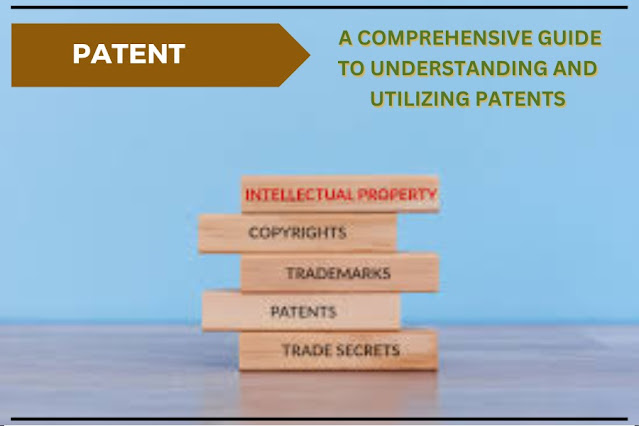Patenting on a Budget: How to Secure Your Invention for Free
Innovation knows no
bounds. From a simple idea scribbled on a napkin to groundbreaking
technological advancements, every invention deserves protection. However, the
misconception that patenting is an expensive endeavor often discourages budding
inventors from safeguarding their creations. The truth is, patenting on a
budget is not only possible but also achievable with the help of patent
services USA. In this blog post, we'll explore how you can secure your
invention for free.
Understanding the
Basics of Patenting
Before diving into the world of patenting on a budget, it's
essential to understand the basics of the patenting process. A patent is a
legal document that grants its owner the exclusive right to produce, use, and
sell their invention for a specified period, typically 20 years from the filing
date. Patents are crucial for protecting intellectual property and
incentivizing innovation.
Conducting a Prior Art
Search
The first step in patenting on a budget is conducting a thorough
prior art search. This involves researching existing patents, publications, and
other sources to determine if your invention is novel and non-obvious. While
hiring a professional patent company
can be expensive, there are several free or low-cost resources available for
conducting a preliminary search, such as online patent databases and academic
journals.
Utilizing Free Patent
Resources
Fortunately, there are numerous free resources and tools
available to help invention companies
navigate the patenting process without breaking the bank. One such resource is
the United States Patent and Trademark Office (USPTO) website, which provides a
wealth of information and guidance on patenting, including step-by-step
instructions for filing a patent application, sample forms, and tutorials.
Additionally, many
local libraries and universities offer free workshops and seminars on patenting
and intellectual property law. These events provide invaluable insights and
practical advice for inventors looking to protect their ideas on a budget.
Leveraging Pro Bono
Legal Services
For inventors who qualify based on income and other eligibility
criteria, pro bono legal services may be available to assist with patenting.
Organizations such as the Volunteer Lawyers for the Arts (VLA) and the Patent
Pro Bono Program connect inventors with volunteer attorneys who provide free
legal assistance with the patenting process, including drafting and patent filing services.
DIY Patenting
Another cost-effective approach to patenting on a budget is the
do-it-yourself (DIY) route. While patent law can be complex, inventors with a
basic understanding of the patenting process can attempt to draft and file
their patent applications without the assistance of a patent attorney. Online
resources, books, and software tools are available to guide inventors through
the process, from drafting the application to responding to office actions from
the patent examiner.
Collaborating with
Universities and Research Institutions
Collaborating with universities and research institutions can
also be a cost-effective strategy for patenting on a budget. Many universities
have technology transfer offices that help faculty, students, and alumni
protect and commercialize their inventions. These offices often offer free or
discounted patenting services, including patent searches, drafting and filing
patent applications, and licensing assistance.
Crowdfunding Campaigns
In recent years, crowdfunding platforms such as Kickstarter and
Indiegogo have emerged as popular avenues for raising funds to support the
patenting process. Inventors can launch crowdfunding campaigns to raise money
for patent-related expenses, such as patent searches, filing fees, and attorney
fees. By leveraging the power of the crowd, inventors can offset the costs of
patenting and bring their ideas to life.
Conclusion
Patenting on a budget is not only feasible but also achievable
with the right approach. By leveraging free resources, pro bono legal services,
DIY strategies, and collaborative partnerships, inventors can navigate the
patenting process without incurring substantial expenses. Whether you're a solo
entrepreneur or a university researcher, securing your invention for free is
within reach. With determination, resourcefulness, and a little creativity, you
can protect your innovative ideas and make your mark on the world.
Discover innovative approaches and free resources to navigate
the patent process without breaking the bank. Learn how to get a
patent for free and safeguard your ideas while managing your finances
effectively.
.jpg)
.jpg)


Comments
Post a Comment